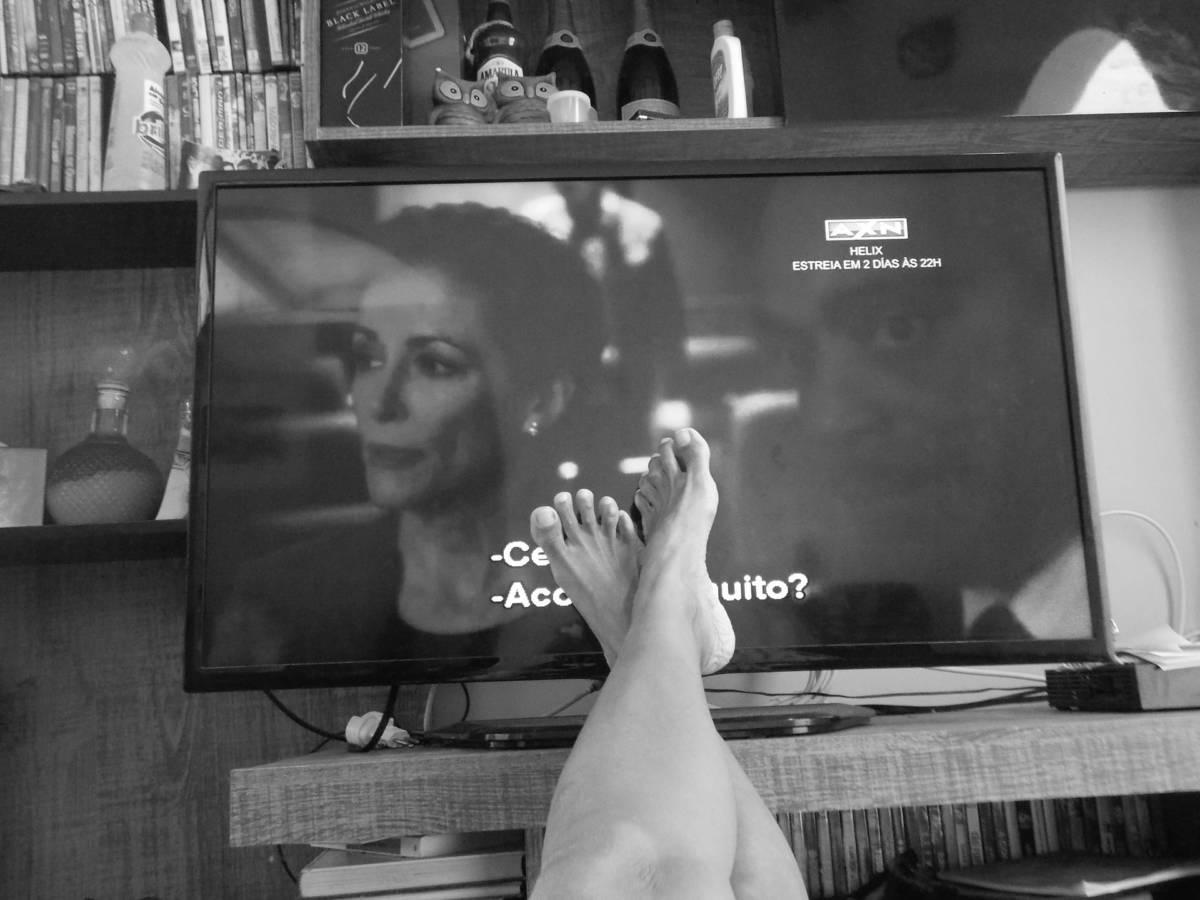 “The procrastination of the procrastinators who procrastinate.” Say that three times fast. I dare you.
“The procrastination of the procrastinators who procrastinate.” Say that three times fast. I dare you.
I am writing this as someone who procrastinates with wild abandon. Procrastination has become a way of life for me, one that used to frighten me but that I’ve now embraced. Procrastination has indeed become a talent.
I know there are others of you out there. You have good intentions to get things done ahead of time because hey, wouldn’t that be nice? Perhaps it’s a college paper, other homework or — ahem — writing an article for a local publication.
You’ve procrastinated such tasks several times before, and it’s worked out, but with some stress. So you resolve to end said procrastination and do the task earlier next time. Then someone — oh, perhaps your editor — kindly reminds you that the project is due today, and you think, “Damn. I have to get right on that.” Or no one needs to remind you: You can feel the pressure of the timeline approaching, but you push it aside because, well, you just “can’t” do it right now.
I’m not judging. Just this morning, I received the kind reminder from my editor who is well aware that I’ve done this the last … okay, every time. I promised it would be done today, giving myself a deadline in writing, then procrastinated and proceeded to do other things: my laundry, searching and shopping on Amazon, shopping on Express, the Limited (hey, school days are coming again), finding a 21 Pilots shirt for my daughter who is attending the concert, doing my nails, and catching some episodes of “Golden Girls” (be quiet, they’re awesome).

And seriously, I just checked Facebook.
Who are we, procrastinators?
There are those who procrastinate at times, and those who are absolute procrastinators. I am in the second category.
So why do we do it? Researchers have looked into it, and in one article, “Why Wait? The Science Behind Procrastination insists that it is not beneficial,” Eric Jaffe writes:
“True procrastination is a complicated failure of self-regulation: experts define it as the voluntary delay of some important task that we intend to do, despite knowing that we’ll suffer as a result. A poor concept of time may exacerbate the problem, but an inability to manage emotions seems to be its very foundation” (my emphasis).
Another article in “Psychology Today” insists upon procrastination’s deleterious effects:
“The costs of procrastination are often considerable. Evidence suggests that the habit of leaving things until the last minute generally results in low-quality work performance and reduced well-being (Tice and Baumeister, 1997). For example, students who routinely procrastinate consistently get lower grades (Ariely & Wertenbroch, 2002).”
I’m not even going to procrastinate my response to that. Bullshit.

First, I’m not going to do what both of these articles have done and generalize all procrastinators. I recognize that procrastination is not at all helpful to many people. But to say that it is never a good thing — that we get “poor grades,” have an “inability to manage emotions,” and consistently produce “low-quality work” — is completely inaccurate.
I will not be branded as a low-quality producer.
Procrastinators produce! (later)
I have my bachelor’s degree in English and a master’s degree in educational psychology. And guess what? I procrastinated every damn thing. At first, during my undergrad years, I stressed about it — I berated myself for being a procrastinator, as that is exactly what society has trained me to do. I’d submit the paper literally minutes before it was due, certain that I had just made a huge mistake. The paper would come back every time with an A, and I was both psychologically and emotionally rewarded.
Still, I wouldn’t trust my abilities until much later. I finally realized, in my last year of undergrad, that I worked best with that “Oh my hell, what am I going to do” feeling. It pushed me. It made me challenge myself in many ways. I stopped worrying and waited until the night before class and would write up my paper orr the night before a test to cram so I could visually recall the things I’d studied just the night before. Even in grad school, my friends insisted I was screwed on one paper, saying they’d been working on it for a week. Ten pages, six different sources. I found the sources that night, and pounded it out in less than three hours. Again, I was encouraged.

This method doesn’t work for everyone, and I get that. I have found some things that are better not procrastinated. My personal, professional work isn’t one of them. Because of the constant shame involved, I at first tried to convince myself that I was doing it all wrong. I have finally accepted that procrastination is right for me in so many areas. (Did I procrastinate that decision? I wouldn’t doubt it.)
To all my fellow procrastinators: If it works for you, don’t feel ashamed. It is who you are, and there’s nothing wrong with that. I recognize, too, that procrastination does not work in some cases, no matter who you are. Like, you know, getting to work. Managers don’t tend to appreciate the creativity or mad rushing that causes you to procrastinate then. And rightly so.
But in things where the procrastination is good, embrace it. Don’t procrastinate owning your procrastination.
910 words in less than an hour. BAM! This, my friends, is why I embrace my procrastination. It forces me into action.
Comment below and tell me how you procrastinate!











Talking about procrastination and lack of willpower, I’ve been struggling with mine for the last 10 years and read countless books and self help methods. Here is what I’m having best results with. First of all, procrastination bulldozer method has worked wonders for me. I highly recommend you apply it. Secondly, whenever you have a task that takes less than 5 minutes to do, do it right away. No delays. I’m really starting to take control of my life now. 🙂